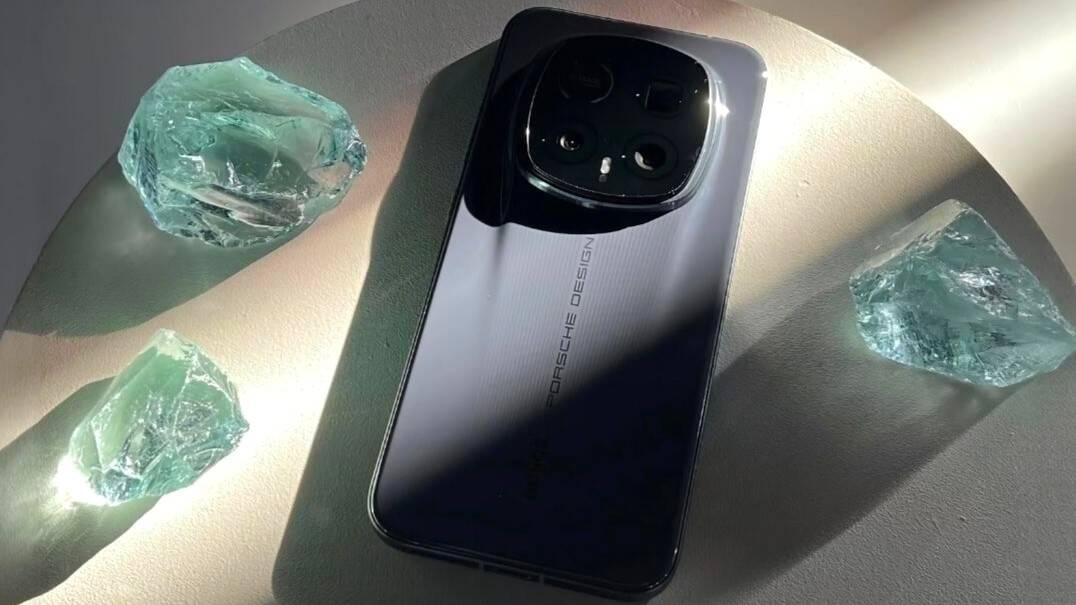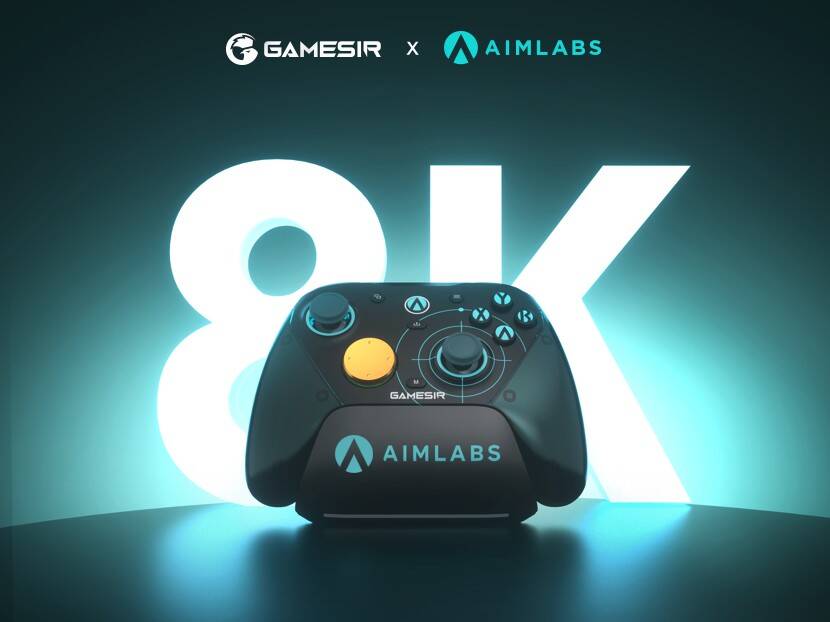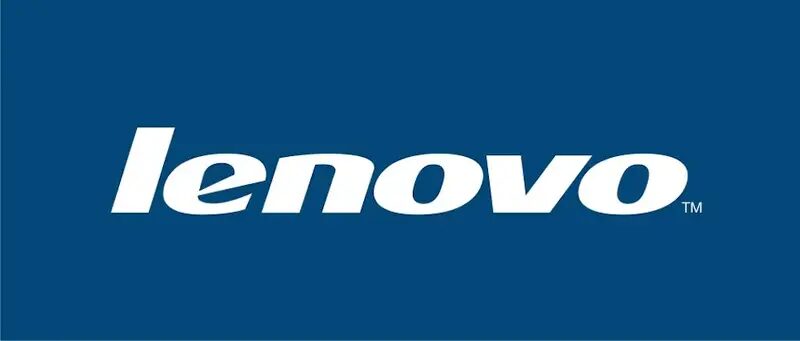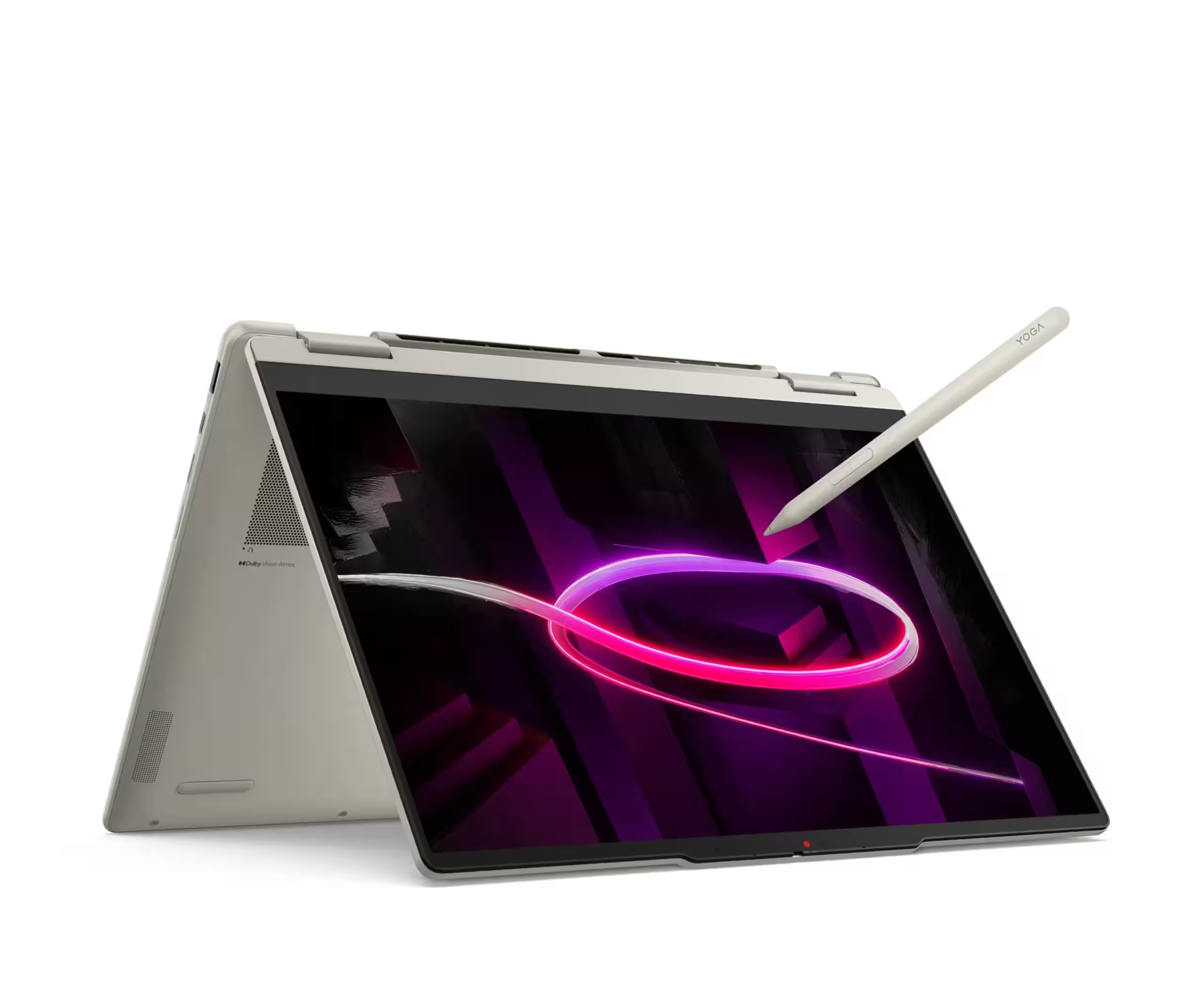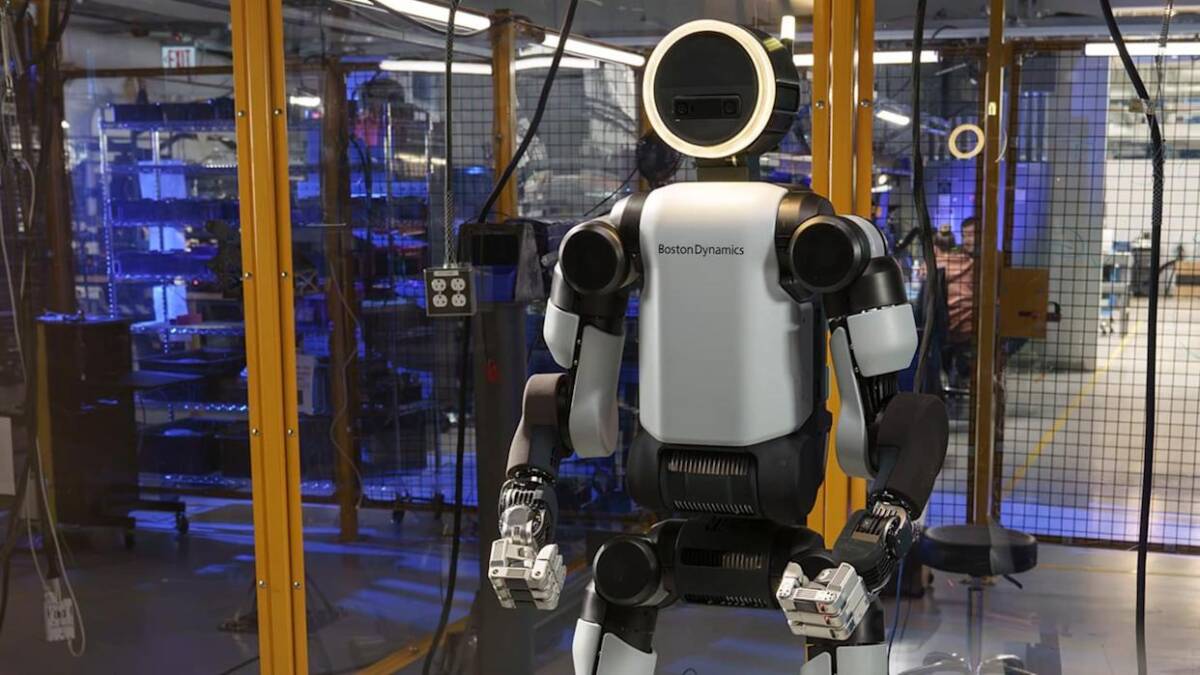IBM announced quantum chips
IBM has announced two new quantum chips that it believes could help achieve “quantum advantage” – the ability of a quantum computer to perform tasks faster and more efficiently than classical machines – tentatively by the end of 2026. The new chips, dubbed Nighthawk and Loon, are designed to significantly accelerate progress in this area, thanks to different approaches to connecting qubits. The methods can reduce errors and enhance the capabilities of complex computing processes.
Special attention is being paid to the Nighthawk chip, which the company believes has the potential to achieve quantum advantage. By the end of 2025, IBM plans to introduce it in a version for its partners – with 120 qubits grid-connected using 218 configurable splitters arranged on a square lattice to interact with neighboring qubits. IBM claims that this design will allow Nighthawk to execute more complex circuits with a 30% increase in complexity, while maintaining lower error rates. In addition, the device will be able to handle tasks that require up to 5,000 dual-qubit gates – the key to solving more serious and large-scale computational problems.
The second chip, IBM’s Quantum Loon, is considered a more experimental solution. It differs in that it connects qubits not only horizontally but also vertically, which helps reduce errors and expands the ability to perform more complex calculations, according to New Scientist magazine. Which chip will prove to be more promising is still difficult to determine, but both show potential for practical applications in quantum technology.
In addition to the hardware initiative, IBM announced work on a new tool to measure progress toward quantum advantages. The project is a collaborative effort with the scientific community, with support from Algorithmiq, researchers at the Flatiron Institute and BlueQubit. The tool is designed to conduct experiments to explore quantum advantage in various areas such as observable estimation, variational problems, and verification of results by classical verification. IBM invites participation from a broader range of researchers to accelerate the development of this field.
A distinctive feature of IBM’s approach is its focus on combining qubits into small groups, which differs from competitors’ strategies. For example, in 2024, Google unveiled its Willow chip, which theoretically could demonstrate a quantum advantage. In 2025, Google also announced its “Quantum Echoes” algorithm, which realizes the first verifiable quantum effect – the so-called “out-of-order time correlator” (OTOC) – which is considered an important step in quantum computing.

